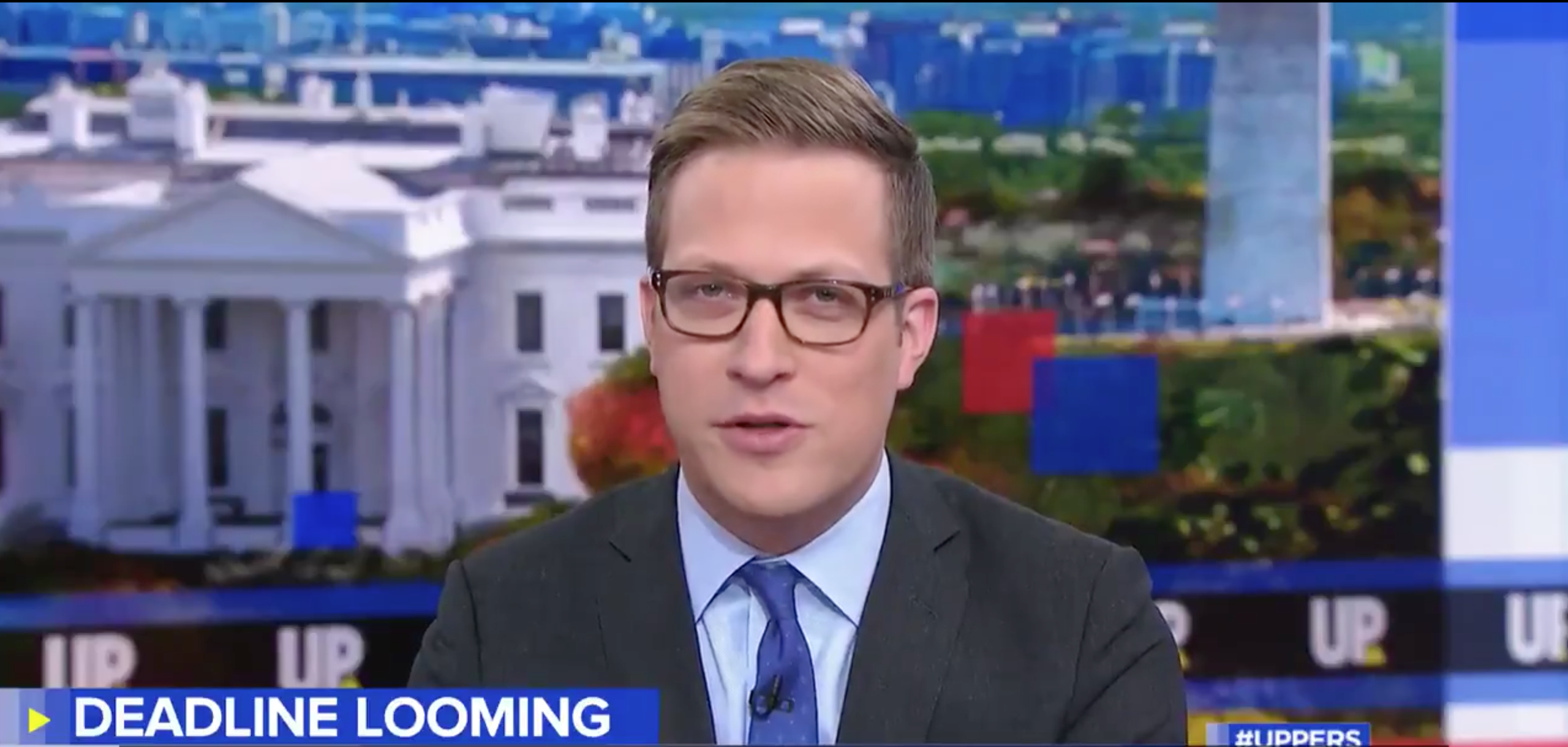MSNBC's David Gura defends the Pulitzer-winning reporting of The Washington Post and The New York Times


A free daily email with the biggest news stories of the day – and the best features from TheWeek.com
You are now subscribed
Your newsletter sign-up was successful
After Attorney General William Barr's letter to Congress, in which he laid out a brief summary of Special Counsel Robert Mueller's multi-year investigation into whether the Trump presidential campaign colluded with Russian election interference in 2016, said that Mueller found no evidence of collusion, the White House has considered the results a major political and legal victory.
And now President Trump and his eldest son, Donald Trump Jr. both want The Washington Post and The New York Times stripped of their Pulitzer Prizes that the news outlets won for reporting on national security matters — including on possible collusion with Moscow.
Of course, they do, in fact, award Pulitzer Prizes for fiction. But there is already pushback on the idea the reporting done by the Post and the Times was unduly or prematurely given the award now that Barr's letter seems to indicate there is no hard evidence tying any other majors White House sphere to crimes.
The Week
Escape your echo chamber. Get the facts behind the news, plus analysis from multiple perspectives.

Sign up for The Week's Free Newsletters
From our morning news briefing to a weekly Good News Newsletter, get the best of The Week delivered directly to your inbox.
From our morning news briefing to a weekly Good News Newsletter, get the best of The Week delivered directly to your inbox.
MSNBC's David Gura explained, by reading the Pulitzer's own citation, that the papers did not actually win the award directly for their reporting on collusion. Instead, the reporting was more broadly focused on Russian election interference, though there were stories about the Trump campaign's connections to Moscow. Gura pointed out, among other things, how the reporting informed the public about former National Security Adviser Michael Flynn's conversations with Russian Ambassador Sergei Kislyak in 2016 that eventually led to his sentencing. Watch the clip below. Tim O'Donnell
A free daily email with the biggest news stories of the day – and the best features from TheWeek.com
Tim is a staff writer at The Week and has contributed to Bedford and Bowery and The New York Transatlantic. He is a graduate of Occidental College and NYU's journalism school. Tim enjoys writing about baseball, Europe, and extinct megafauna. He lives in New York City.
